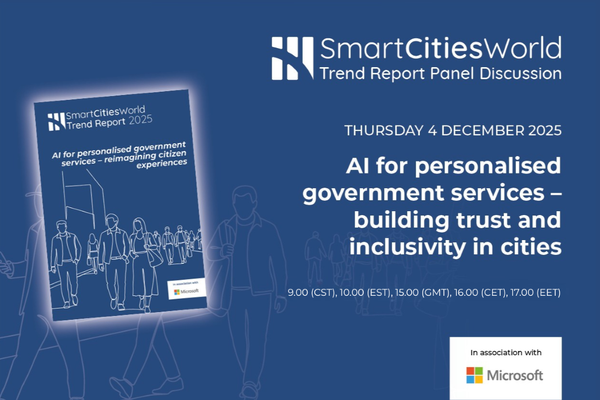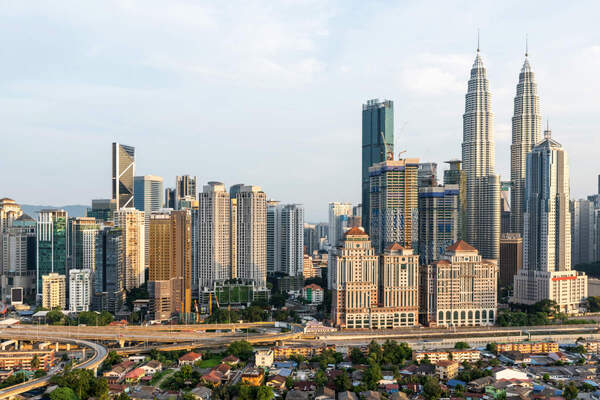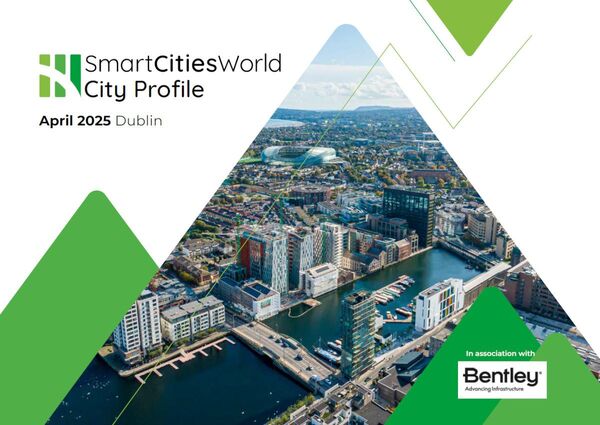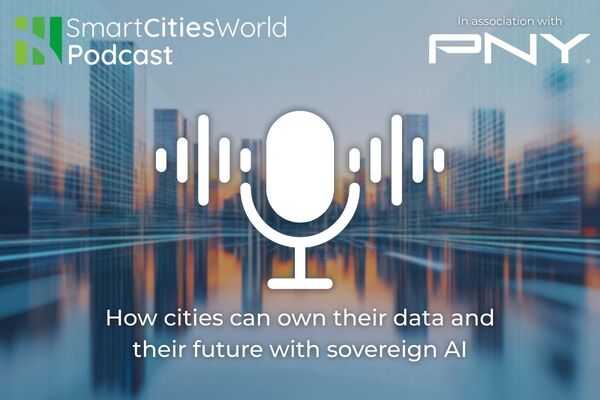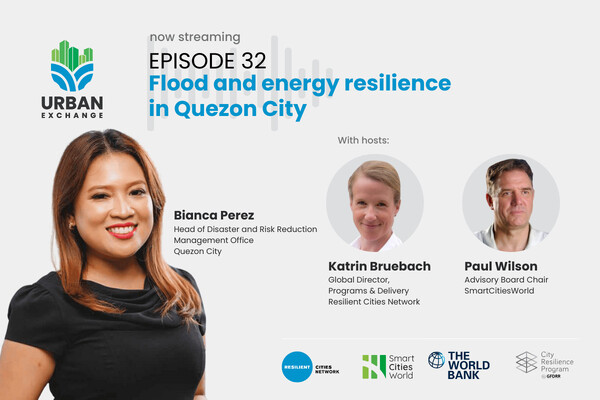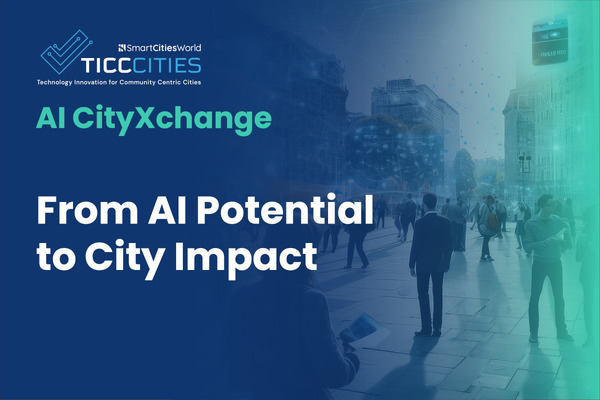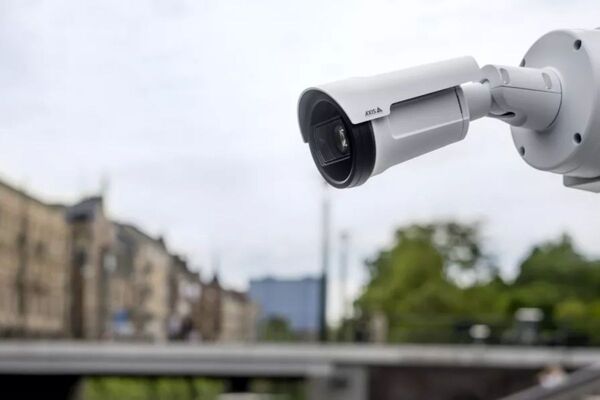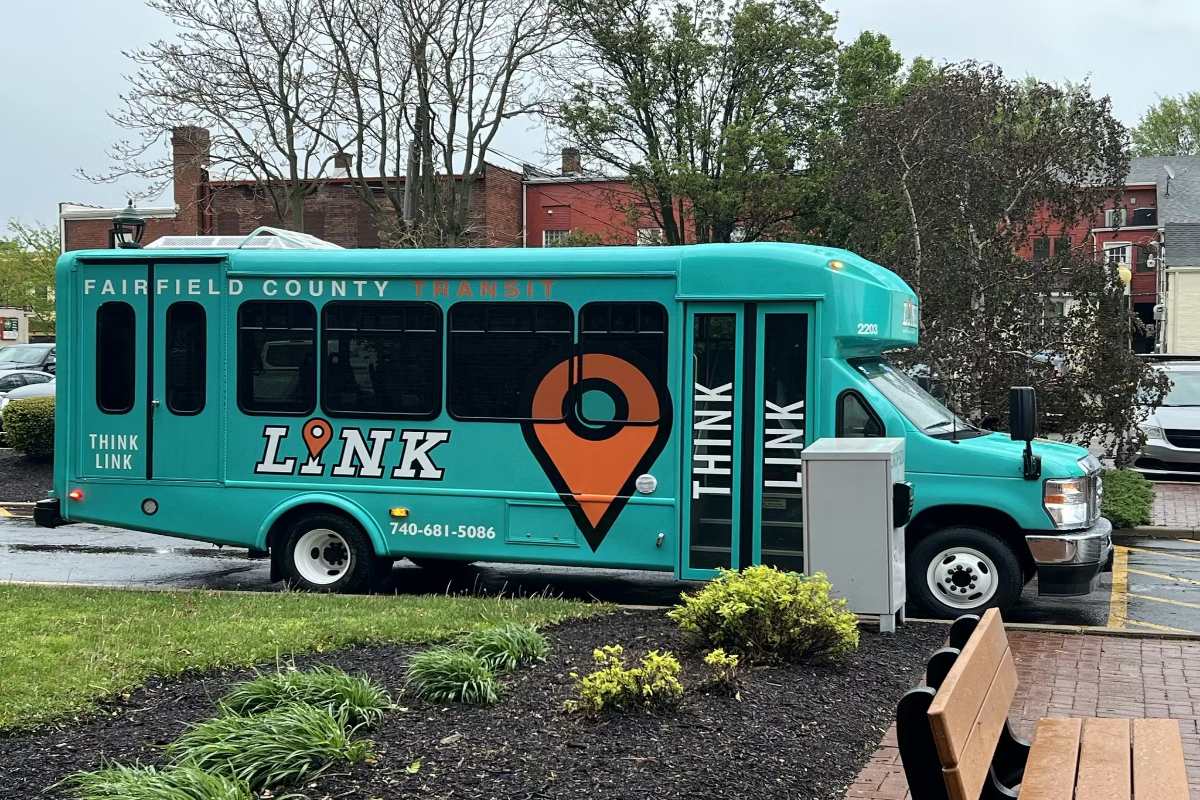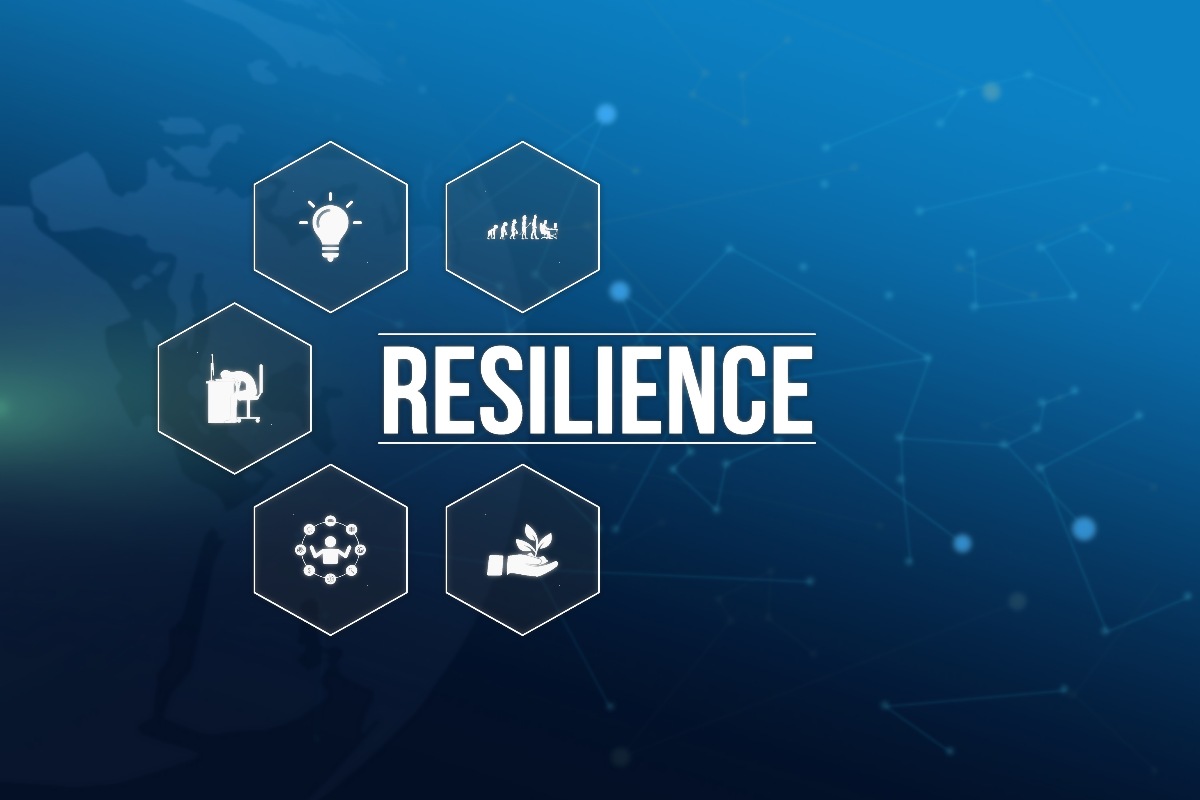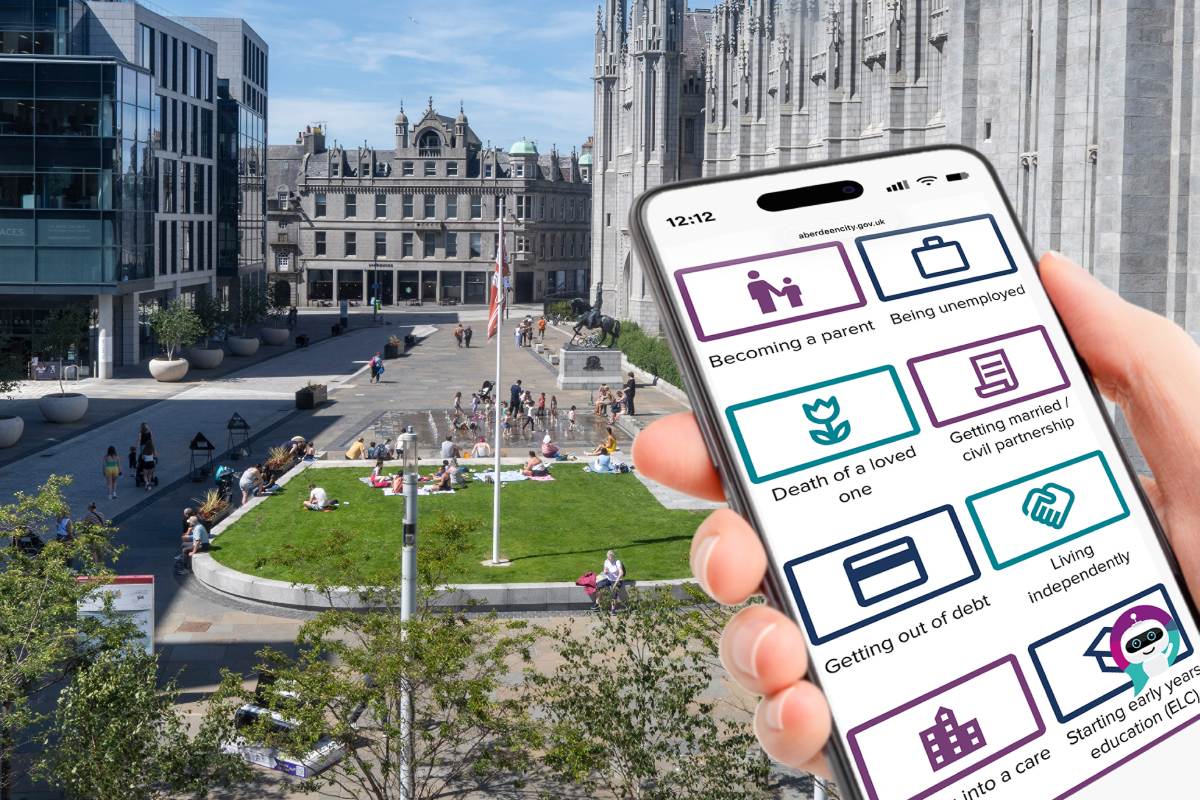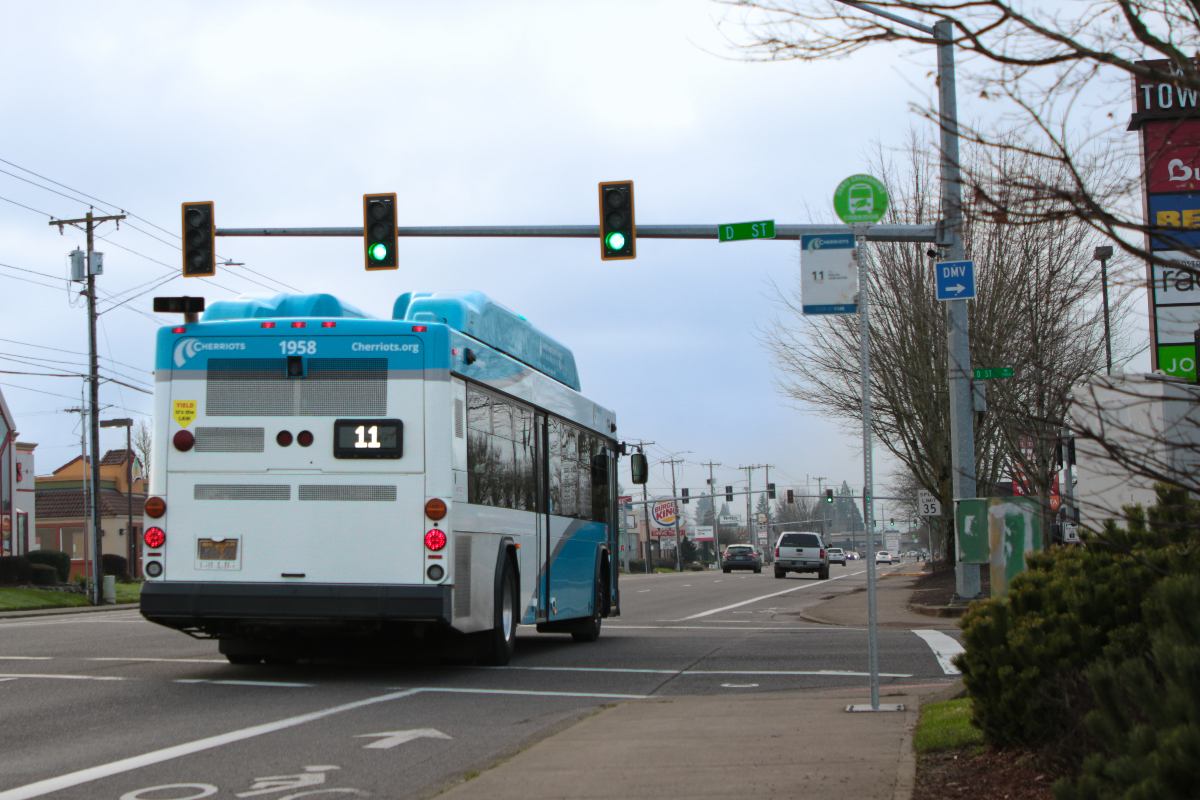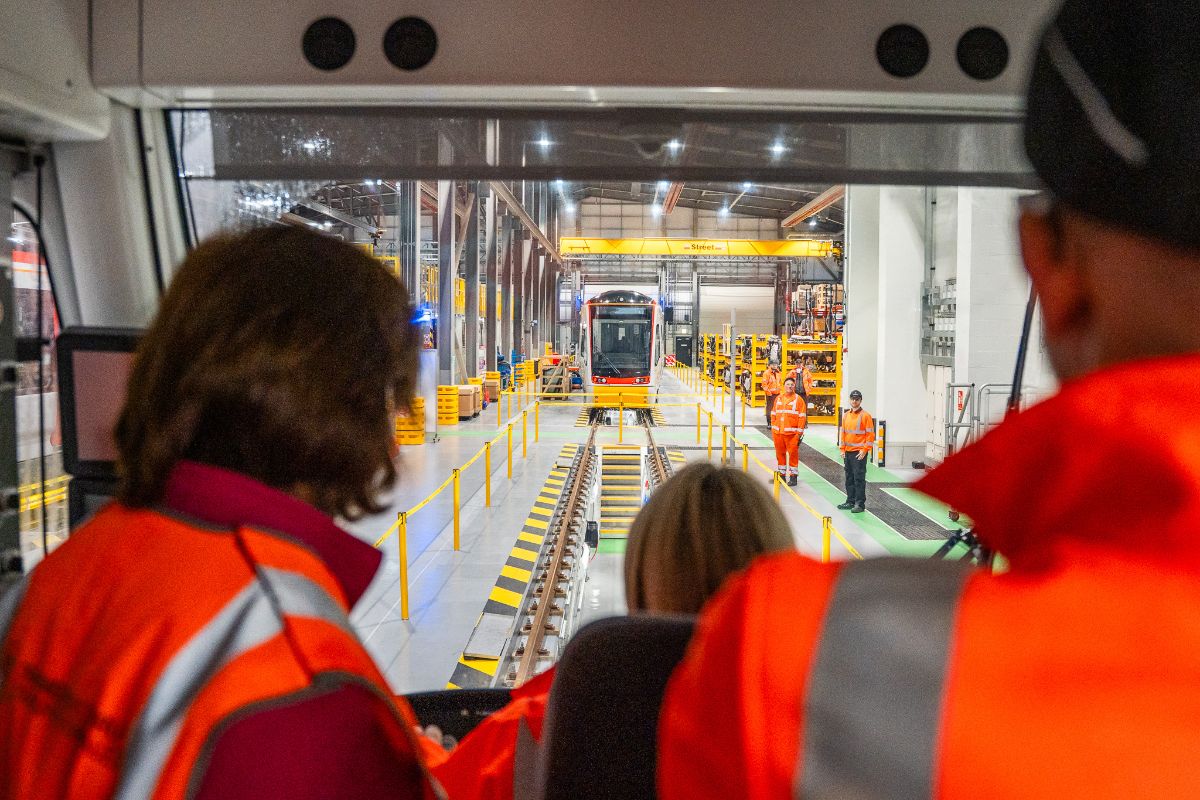Smart Cities: the power of the ecosystem
Municipal leaders must partner with people and organisations that can apply their knowledge and understanding across the ecosystem

I graduated when Michael Porter was a guru. Classes and case studies revolved around concepts like industries, value chains, and business processes. The combination of those factors determined the ability of an organisation’s business model to create value.
In the fast-paced and digital 21st century world, those terms are being superseded, or at the very least complemented by other attributes. Customer centricity determines the segments or audiences for whose attention enterprises from different industries sometimes compete and sometimes cooperate. Business capabilities express the organisation’s capacity and expertise to perform an activity. Ecosystems, a term borrowed from natural sciences, describe dynamic and adaptive networks of individuals and organisations that interact in a systemic way to sustain the pace of continuous change.
Smart cities epitomise the concept of an ecosystem. Smart city initiatives aim to drive digital innovation to improve the lives of citizens and make urban living sustainable by excelling in governance, the economy, transport, environment and resources, and people services, such as healthcare, education, and living.
To do so, city leaders must rely on the expertise of organisations across various industries, such as utilities, waste and recycling, telecommunications, automotive, travel and transportation, healthcare, higher education, engineering and construction, high tech, and nonprofit community organisations.
Organisational silos must give way to a problem-solving ecosystem, supported by technology solutions that help address a broad swathe of challenges and opportunities. Not only are these smart cities able to deliver higher quality services to citizens more efficiently, but they can reduce operational costs and free resources for additional value-added efforts.
Think of the future of mobility in cities. People commuting from home to the office in the morning will soon use a chatbot that understands their personal needs to plan the shortest, most cost-effective and environmental friendly route. The route will involve multiple modes of transport, from cycling or autonomous car-sharing, to getting to the closest public transport hub, then a combination of train, bus and subway to get to the final destination. And maybe the chatbot will also recommend the best coffee along the route.
The chatbot may be developed by a local start-up. It will be delivered to the smartphone or smart watch by the partnership between the telco company and a global platform provider. Data will come from the local public transit authority for scheduled routes, the city public works departments for roadwork updates that might disrupt traffic, from the police command and control centre for real-time information on traffic accidents, from the national environmental agency for the carbon footprint of the various means of transport, or air pollution alerts for asthmatics and more.
The business processes involved with booking and paying for car-sharing, parking spots, public transport tickets and the best coffee along the route will require expertise in scheduling, notifications, payments, settlements that banks, credit card companies, and electronic payment specialists possess. The cost of the chatbot will be covered by personalised advertising, such as coffee recommendations, paid for by retail chains.
In a less futuristic, but equally impactful digital innovation programme, when the City of Buenos Aires in Argentina wanted to reduce the risk of flooding, it had to collect data from sensors in over 30,000 storm drains, maintained by the city public works department, to measure the direction, speed and level of water. They had to combine that with weather forecast data, for example from the Servicio Meteorológico Nacional. City managers used the aggregated information to predict what areas were at risk of flooding; so that they could alert citizens in affected neighbourhoods and send maintenance crews to clean storm drains. The city drastically reduced flood damage to people and property from big storms.
In short, it is the power of the ecosystem that will determine the ability of smart cities to realise the benefits of digital innovation. From a technology perspective, there are two factors that municipal leaders need to consider when selecting their partners.
They must partner with technology vendors that can deliver a platform able to aggregate and make sense of data from all of the relevant organisations across the city ecosystem and present the insights through an intuitive interface to the users. And they must engage with vendors that can prove they have success stories across the ecosystem, so that they can apply their understanding of the industry-specific business models and capabilities to embed the analytical insights into the relevant business processes.
How is your city partnering with its ecosystem to innovate through digital transformation?
To learn more about SAP’s Solutions for Smart Cities visit:
www.sap.com/industries/smart-cities.html
Massimiliano (Max) Claps, who joined SAP in September, is the team lead for the Future Cities business, the Citizen Engagement/Citizen-Centric Government theme, the Postal business and the SAP Institute for Digital Government. Max has 15 years of experience in public sector IT. For the last five years before joining SAP, Max led the Government Insights business unit in the market intelligence and advisory services firm, IDC, being responsible for its EMEA business. He and the team of analysts provided investigation insights and advice to government, healthcare and education IT executives to develop their IT strategy and support purchasing decisions, as well as to technology suppliers on their go-to-market approaches.
If you like this, you might be interested in the following:
Liverpool and Salford City Councils in digital collaboration
The partnership will serve as a model to show how other local authorities could work together to upgrade their legacy IT infrastructure
SAP launches new technology for connected vehicles
SAP Vehicles Network enables participating network companies to provide mobility services to drivers and passengers
Ericsson joins the Libelium ecosystem
Other new cloud partners increasing interoperability in the IoT market include C2M, Infiswift and Redd System
Why not try these links to see what our SmartCitiesWorld AI can tell you.
(Please note this is an experimental service)
How can ecosystems improve data integration across smart city services?What role do start-ups play in developing smart city mobility solutions?How do sensor networks contribute to urban flood risk management?Which technology features are essential for effective smart city platforms?How can public-private partnerships enhance citizen engagement in smart cities?
